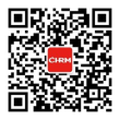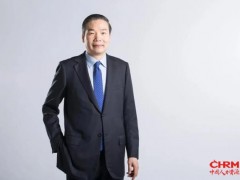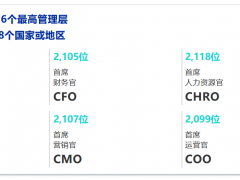Business Process Outsourcing (BPO) is not the latest technology, it is not a marketing fad IT firms are using to push more of their wares (well not all anyway), and it is not a nice to have service. BPO drives fundamental changes in the way organizations operate and drives transformation in the way businesses manage the inter-relationships between their employees, customers, and suppliers. BPO also creates a major shift in the way organizations manage their IT infrastructure. Bottomline, BPO is gradually delivering a major inflection point in industry, and executives who choose to turn a blind eye to the way the future of business is moving, will find themselves struggling to further their career potential. The role is changing for the senior HR, finance, IT, supply chain, operations, and marketing professional.
The majority of medium and large organizations are coming around to the realization that there is no point in retaining transactional processes in-house when you can get them delivered to you at lower cost and often higher service quality. This is especially the case with payroll and benefits services, and we are now seeing solutions come into play from the recruiting process outsourcing (RPO) providers and learning providers. So what does this mean to the HR professional in the grander scheme of things? Organizations are slimming down the number of staff delivering these transactional processes, so the focus is moving firmly towards what is left in the HR department. HR is becoming exposed and visible as an organizational function and also becoming far more measurable in aligning organizational strategy with staff development. Take out the transactional process and what is HR left to do? The most strategic value HR can provide for many corporations is to manage and optimize the inextricable link between customer and employee satisfaction. Highly motivated and happy staff will transfer their satisfaction onto their customers. This can be determined over time by measuring employee satisfaction against revenue impact and customer satisfaction. The good old customer satisfaction survey reveals a lot of information when measured against employee satisfaction.
It is not going to be as easy to hide behind the paperwork when most HR functions are now being done by a third party. Hence, C-level executives will expect the EVP of HR to align HR strategy more tightly with corporate goals. This means ensuring the organizations business ethics and culture are properly adopted, corporate values are actually adhered to and not simply framed on the cafeteria wall, and perhaps most important, responsibility for management training at both the executive and linemanagement levels is owned. BPO is creating a major opportunity for the HR practitioner to take a much more visible role in instilling real HR discipline into the organization. The same is happening across all key business functionsfinance, sales and marketing, supply chain, and procurementbut the most dramatic changes are being seen in HR and IT.
The business and technology world has always needed mandates and proven total cost of ownership (TCO) to reach each technology inflection point. The reason for the comparative failure, up until now, of new business integration technologies like Web services (the common standards that form Service Oriented Architectures) and the continual reliance on stagnating technologies like antiquated ERP platforms, is that there has not been an inflection point since that millennium bug. BPO is that next inflection point, and the crucial element to BPO is that it massively impacts both the IT and the business professional. Companies need agile IT infrastructures to support outsourced business services, and it is the business benefits of outsourcingachieving business solutions like payroll, benefits, and accounts receivableat lower costs and often better quality, that are driving these changes. However, the innovation onus from a technology standpoint is clearly shifting towards the BPO and ITO vendor (e.g., IBM, EDS, Accenture, and Capgemini), and away from the CIO, whose role is increasingly becoming focused on business-IT alignment and vendor management.
Therefore, HR and IT leaders who want to develop strategic roles in tomorrows BPO-driven organization need to take time to understand how BPO impacts their organization and how their roles will change if (and most likely when) it goes down the BPO path. You cannot afford to ignore BPO, or your career prospects will not be as good in tomorrows organization as they might seem today.
 手机版|
手机版|

 二维码|
二维码|








